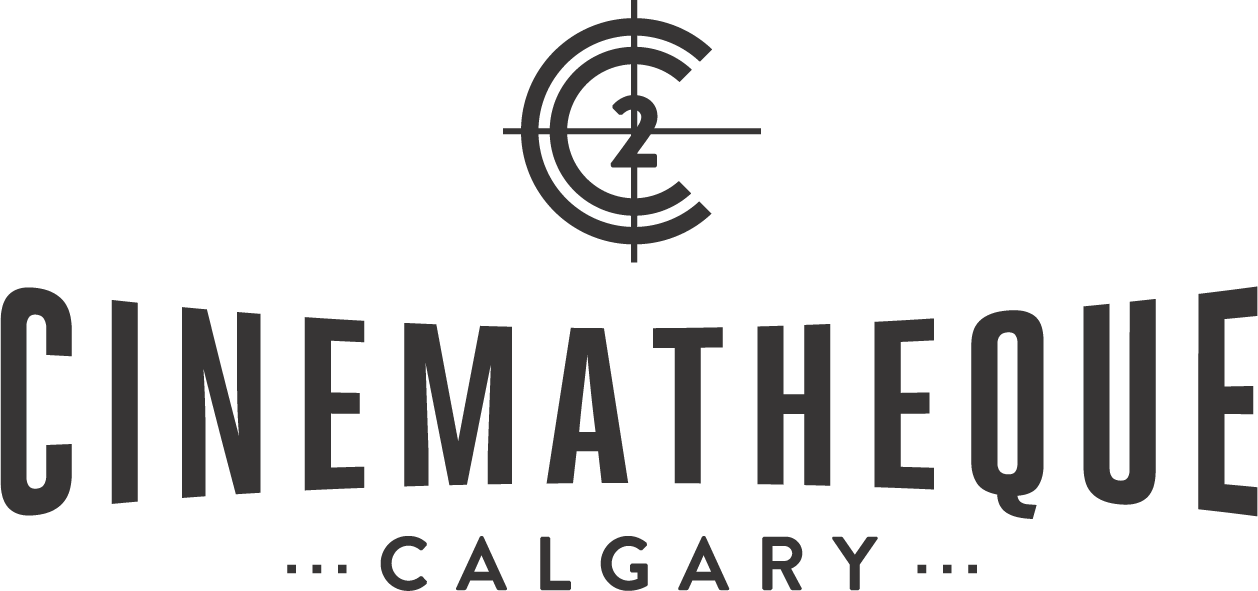Directed by Jean-Luc Godard | Switzerland | 84 mins.
Jean-Luc Godard, who is as sure a thing as they come as far as ‘living legend’ status is concerned and who turned eighty-eight-years-old in early December, returned to the Cannes Film Festival in 2018 (not that he actually, you know, showed up in person) a festival he was instrumental in temporarily shutting down exactly fifty years previously, receiving for his trouble a Special Palme d’Or invented entirely for him and his completely sui generis new film. The Image Book is perhaps the kind of art for which a whole new award is required, and new classifications along with it. Godard was one of the founding fathers of the French New Wave, and the only Swiss combatant among their ranks. In the 1960s he quickly become a fashionable enfant terrible, making irreverent and maniacally stylized films that practically reinvented narrative cinema. At the beginning of the 1980s, in collaboration with his partner Anne-Marie Miéville, Godard’s cinema began to mark a decisive turn. His work moved away from radical play, toward beauty and profundity. The Image Book arrives at the apex of a peerless career. It is made in the mode of his ephocal series Histoire(s) du cinéma, combining fervidly intercut archival footage and a bracing deluge of oracular commentary. Some describe these works as essay films. Godard's biographer Colin MacCabe has insisted that instead of thinking of this version of Godard as an essayist, we may do better to consider him rather one of the finest poets of the post-war era.
- Written by Jason Wierzba

